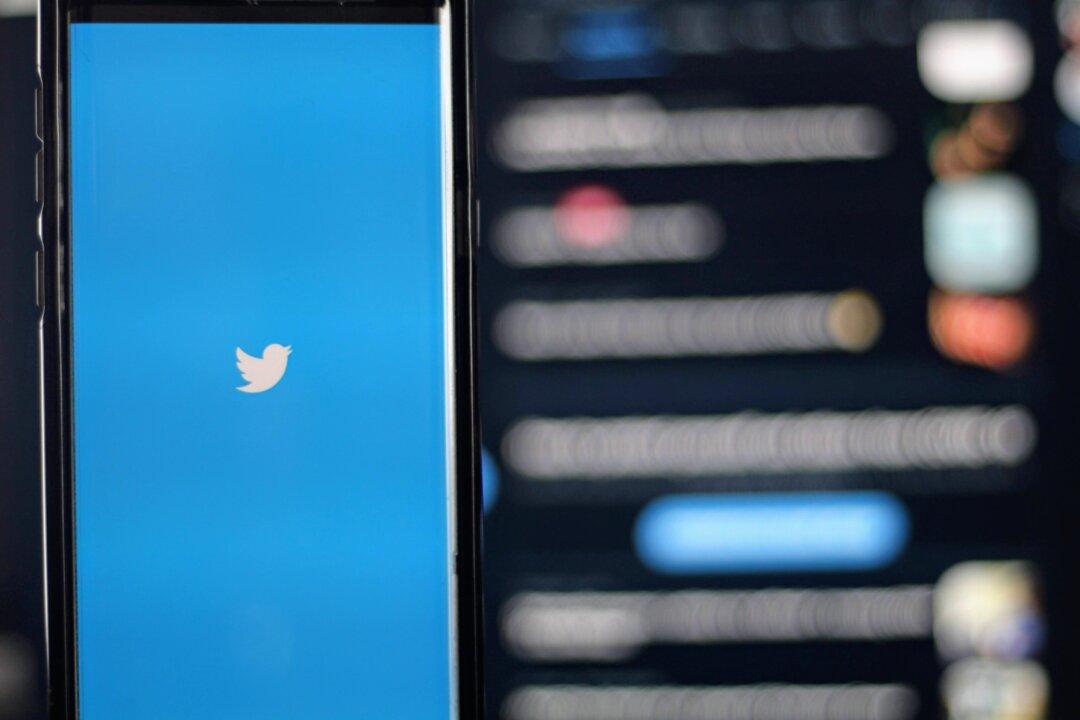Twitter has criticised a proposal made by Australian Prime Minister Scott Morrison to see social media users stripped of their anonymity.
Last month, Morrison said that social media platforms refusal to identify users accused of crimes, such as defamation, would be liable for the comments made on their site.





